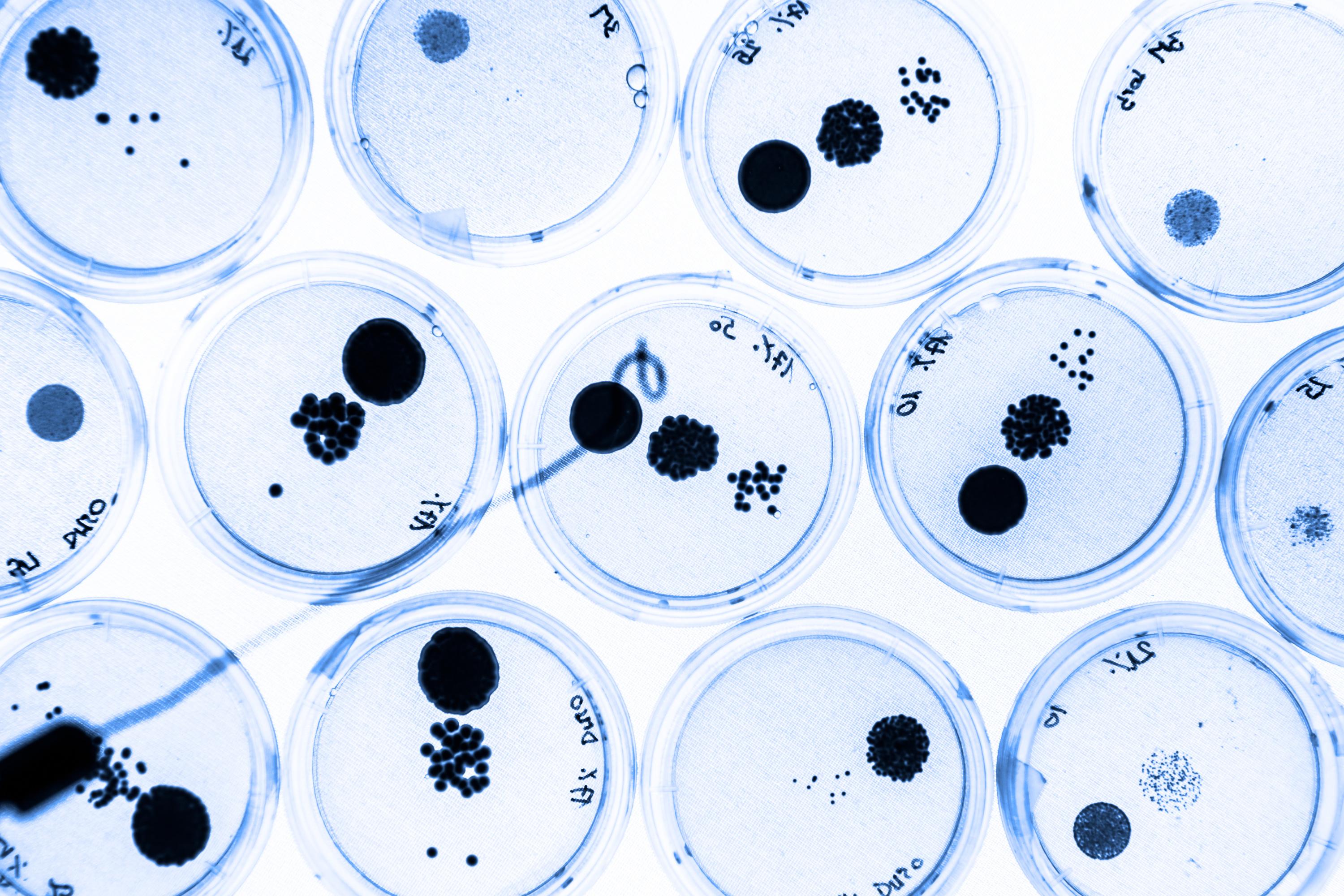Reducing pollution from the pharmaceutical and agricultural sectors is essential to combat the proliferation of drug-resistant superbugs, which could kill 10 million people a year by 2050, the UN warned on Tuesday.
"
There is growing evidence that the environment plays a key role in the development, transmission and spread
" of antimicrobial resistance (AMR), UN Environment said in a report.
This resistance occurs when microorganisms such as bacteria, viruses, parasites or fungi become resistant to antimicrobial treatments to which they were previously susceptible.
Resistance due to overuse of antibiotics
Antibiotic resistance is considered a threat by the World Health Organization (WHO), which fears the world is heading towards an era in which common infections can start killing people again.
An estimated
1.27 million deaths
were directly attributed to drug-resistant infections in 2019, according to the UN.
By 2050, up to
10 million
additional direct deaths could occur each year.
This resistance is encouraged by the misuse of antibiotics, but the UN highlights other factors less frequently highlighted: it is “
closely linked to the triple planetary crisis of climate change, loss of biodiversity and nature, as well as pollution and waste
”.
Pollution, linked in particular to the pharmaceutical industry and agriculture, in fact allows antimicrobials to enter the environment, starting with rivers.
"
It's a real problem, because rivers are often the source of our drinking water
," said microbiologist Jonathan Cox of Britain's Aston University, who was not involved in the UN report.
“
This is already a silent pandemic
,” he stressed.
The UN, for its part, is advancing a set of solutions, targeted at the sectors that contribute to the problem.
Thus, the pharmaceutical industry is invited to "
ensure adequate containment and treatment of waste and wastewater
", with a general strengthening of the regulatory framework.
Hospitals should also install specific wastewater treatment systems and ensure the disposal of drugs, experts recommend.
In agriculture, for example, it is suggested to “
reassess the limits of antimicrobials
” and “
reduce discharges
” to protect waterways.

